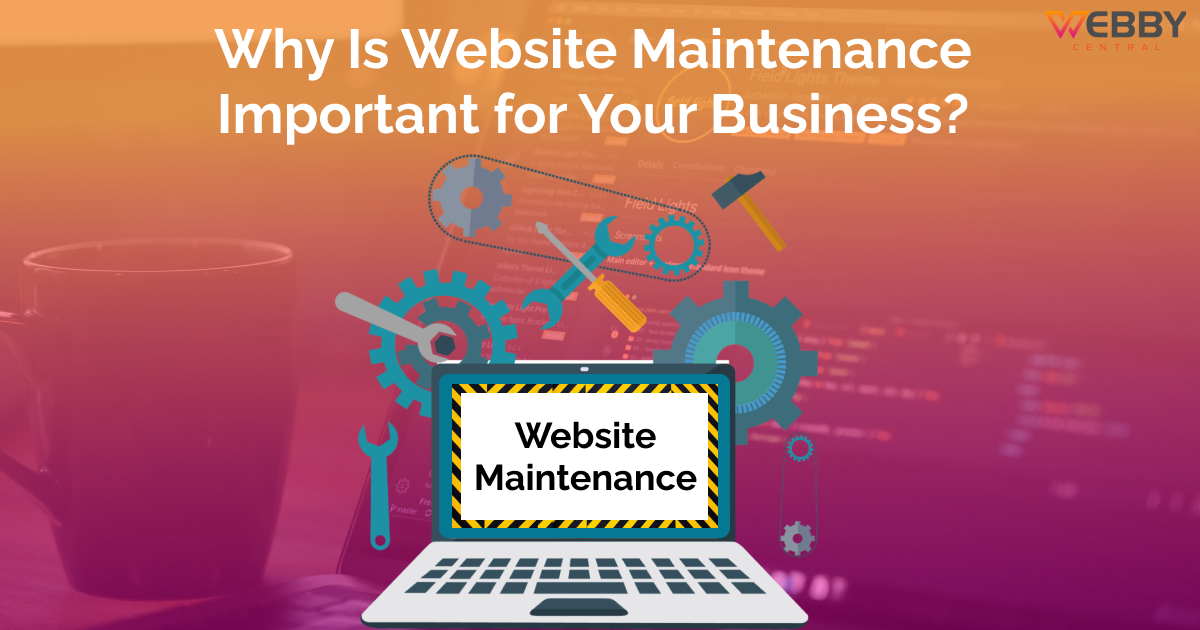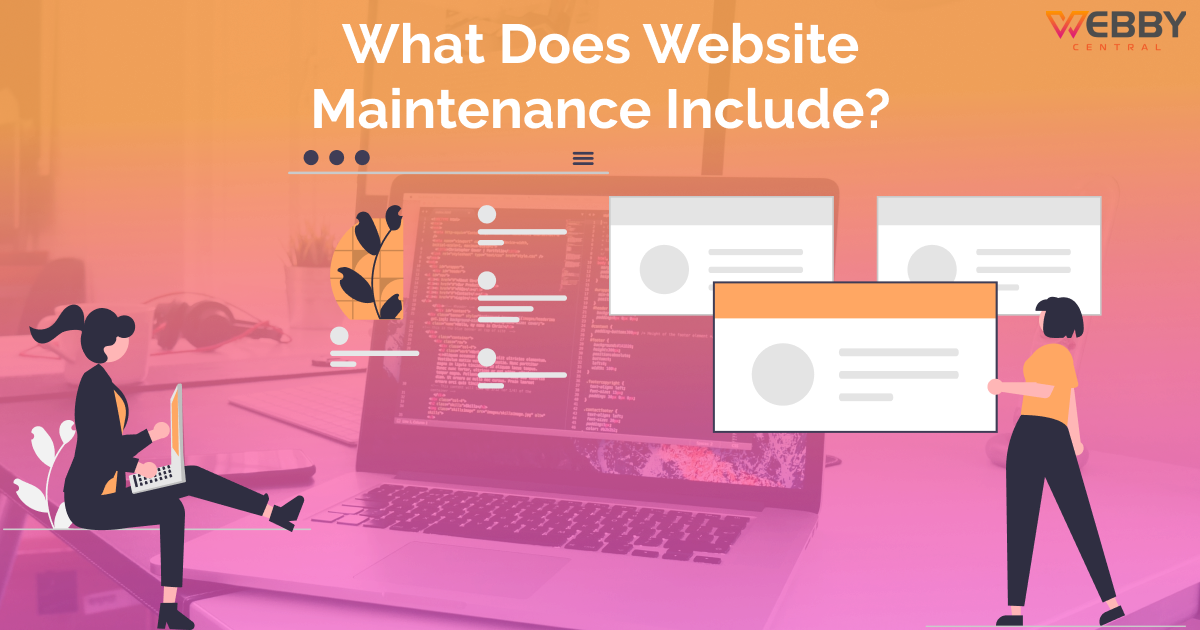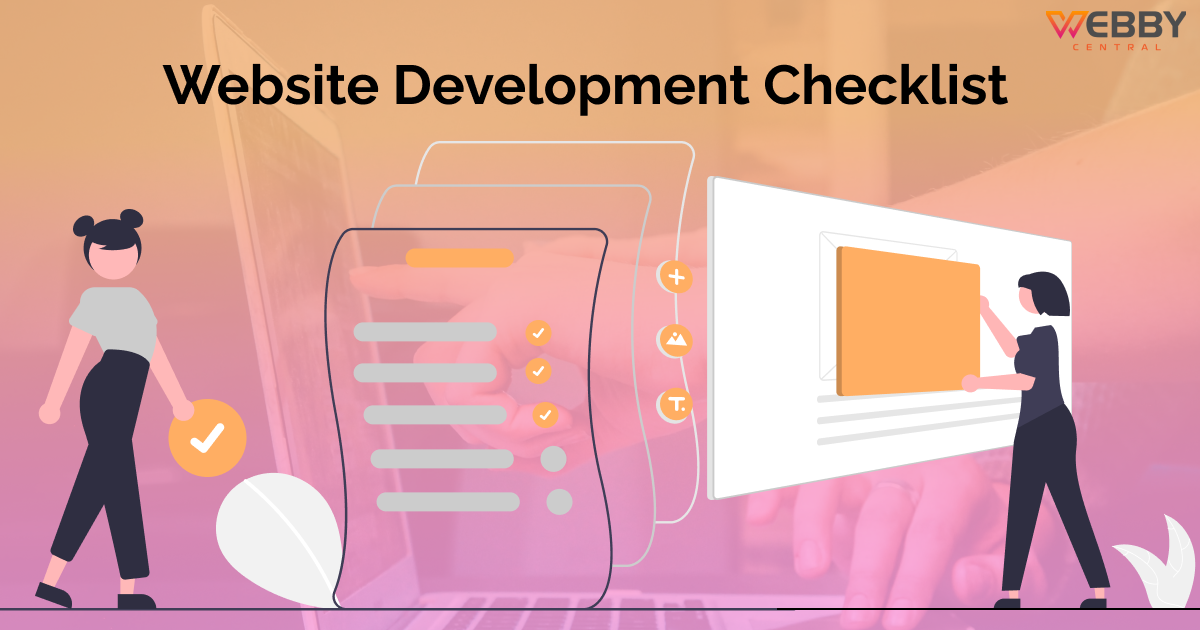Are you running an e-commerce business and striving to keep your online store safe from fraud and hacking? You have clicked on the right post. This blog shares “tried and tested” e-commerce security tips that will protect your online store from hackers’ attacks.
From a buzzword to a current-day reality, e-commerce has been experiencing phenomenal growth. As more and more people are moving online these days, e-commerce (with numerous benefits) continues to play a vital role in their daily lives.
E-commerce is transforming the way we shop online and allowing us all to shop within minutes. Global online sales are forecast to reach 22% of all retail sales in 2023. Retail e-commerce market sales worldwide will reach $6.5 trillion in 2023. By 2040, 95% of retail purchases are likely to be made online, and traditional retail may hardly exist.
These stats demonstrate that the e-commerce industry is growing at a breakneck pace and showing zero stopping signs. That’s why businesses demand a professional web development company with expertise in e-commerce website design and development; thus, building buyers-friendly and sales-driven e-commerce stores.
Even as the e-commerce industry is rising rapidly, new and more effective technologies, security features, and functions for e-commerce arise daily. Hackers are also finding ways to navigate and brute force these security features. And for that reason, businesses need to adopt the best security practices to protect their e-commerce site from online attacks.
Why Is It Important to Have a Secure E-Commerce Store?
In today’s competitive scenario where the e-commerce industry is thriving, online stores’ threats are also increasing rapidly. Hackers are constantly looking for loopholes in e-commerce security features. While these threats are always imminent, e-commerce security should always be a priority regardless of whether you have been attacked yet or not.
E-commerce stores have more chances of cybercriminals brute-forcing companies’ and customers’ personal information. Having robust e-commerce security practices in place keeps your online store away from any attacks and builds trust among customers. Therefore, increases your customer base, sales, and ultimately ROI.
9 Proven Security Tips to Protect Your Online Store from Hackers
Reliable Hosting Service
One of the essential tips for securing your e-commerce site is choosing a reliable hosting service. A hosting service provider will protect your servers and keep hackers miles away from your online store.
There are various types of site hosting available — shared hosting, VPS hosting, WordPress hosting, dedicated hosting, cloud hosting, and reseller hosting. Ensure that the web host you choose is perfectly capable of meeting all your requirements.
Choose a Secure Platform
There’s a saying, “get the basics right, and the rest will automatically fall into places.” To build a secure e-commerce website, you need to choose a secure platform. There are plenty of e-commerce platforms in the market to choose from, such as Shopify, Magento, WooCommerce, BigCommerce, Drupal, and many others.
However, not all platforms are best suited for your business requirements. Hence, it would be best if you look for a reliable website strategist and consultant who will help you get the platform that goes well with your e-commerce business requirements and has the best-in-class security measures.
Unique Username and Strong Password
Default passwords are so damn easy to guess, and most e-commerce platforms come with default passwords. Experts always suggest changing them to complex usernames and passwords. For example, passwords containing special characters, numbers, and upper cases are super hard to guess.
Do not just stop there. Keep on changing your login credentials periodically. Because once hackers have taken the reused usernames and passwords, they apply them to various services, leading to widespread fraud.
Consider Two-Factor Authentication
Two-factor authentication (2FA) provides additional security if someone (hackers, of course) manages to bypass your passwords. Many e-commerce business owners implement two-factor authentication as an extra layer of security.
Two-factor authentication asks for a unique piece of information to grant login permission. Hackers might guess your password, but they cannot steal the code. So if you look thoroughly, it’s a foundation for securing your online store from hacking.
Implement SSL Certificates
Security Socket Layer (SSL) certificates add a strong security level on the online store that hackers find impossible to crack the password. SSL certificates enhance the level of security of your e-commerce site to a great extent. It establishes secure connectivity between the end-user systems and your e-commerce site. The SSL certificate authenticates the identity of users and encrypts data both on the store and in transit.
Comply with PCI Regulations
Having a well secure payment option is what customers demand, and businesses promise especially e-commerce businesses. If your e-commerce business has multiple payment integrations and accepts credit/debit cards payment, you must comply with the rules described by the PCI security standard council.
These regulations assure you to secure your business data. Plus, when your e-commerce store is PCI DSS compliant, your customers feel secure while making online purchases.
Restrict Access to Your Site
The more people access the main control dashboard of your e-commerce site, the more vulnerable your online store is to attack. By granting limited access and delete unnecessary users, you can regulate the level of access.
Or, if you want, you can specify certain tasks that you expect from individuals and give them access to only the portion of the data necessary to perform that task. This way, you can enhance your e-commerce website security.
Use Firewalls
Another useful e-commerce security suggestion is to use firewall software and plugins that are power-packed and effective. A strong firewall can protect your e-commerce site from malicious viruses. A firewall protects your online store against cyber threats such as SQL injections. It alerts you when it detects something suspicious on your network. It keeps untrusted networks at bay and regulates traffic that enters and leaves your site.
Regular Data Backups
Experts often advise having regular data backups as it ensures you can retrieve your data even if a hacking incident takes place. This way, you can easily restore the data. Make a backup of all the databases and files for your e-commerce site. This is an extra precautionary measure in case your e-commerce site crashes suddenly, or updates affect the functionality. The best backup option for e-commerce websites is deemed an automatic backup.
In Conclusion
There’s no doubt that the online retail market is booming rapidly, and e-commerce sales have been ever-increasing. However, this often invites unwanted attention, cyber threats, and data-breaching. E-commerce security threats are increasing and costing businesses a lot.
Well, no longer. If you emphasize and follow all the e-commerce security tips mentioned above diligently, you can outdo any security threat easily. Just keep your eyes open to security hazards and conquer every security threat like a warrior.










Great post. I used to be checking constantly this weblog and I am inspired!
Extremely useful info specially the closing part 🙂 I deal with such information a lot.
I used to be seeking this certain info for a very long time.
Thanks and best of luck.